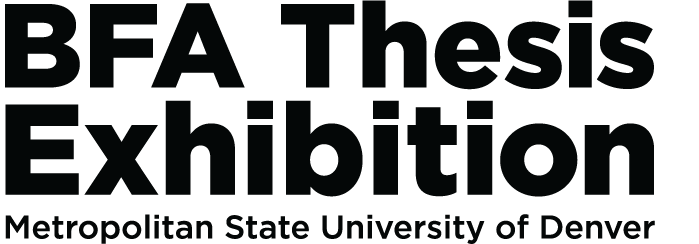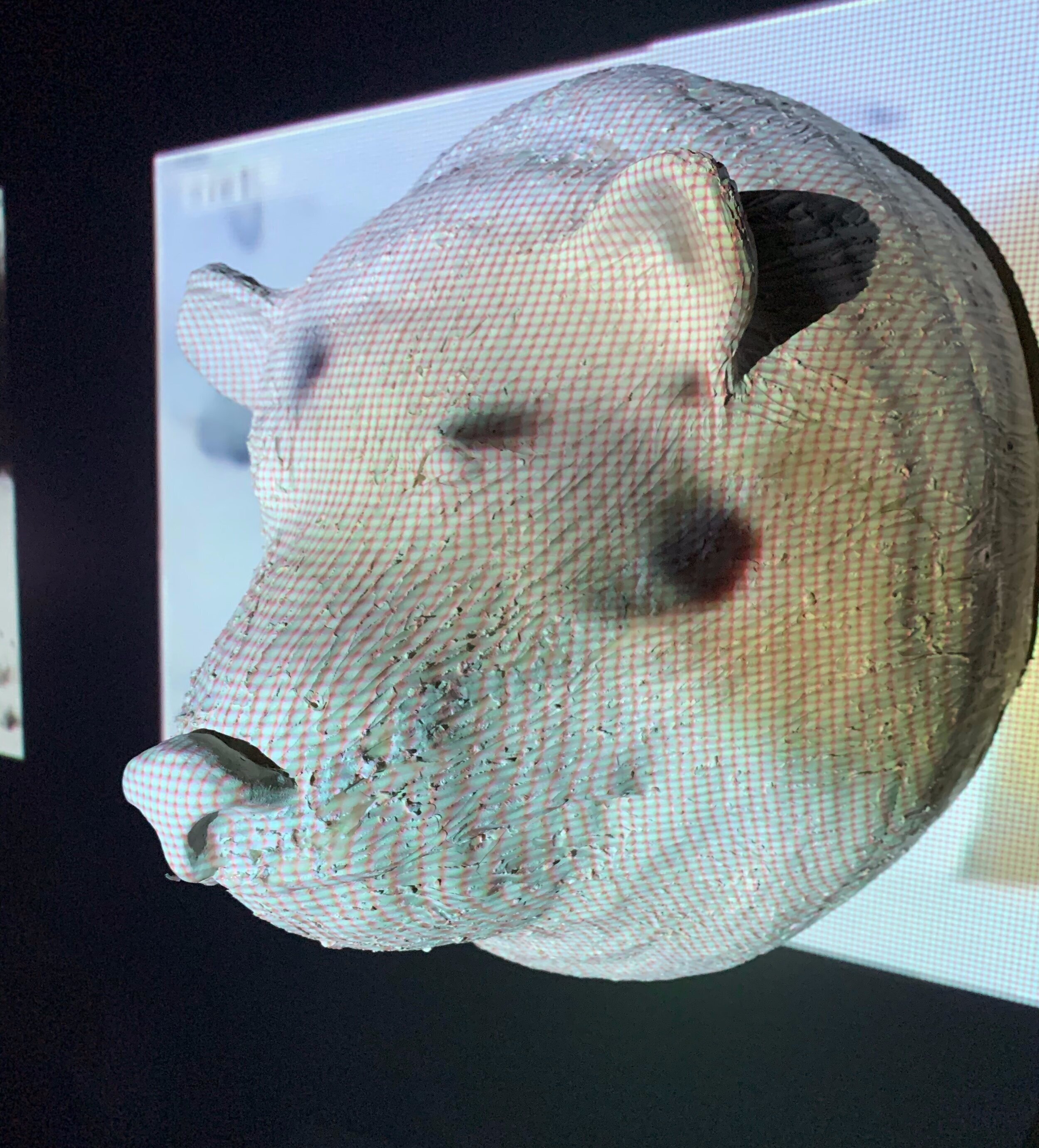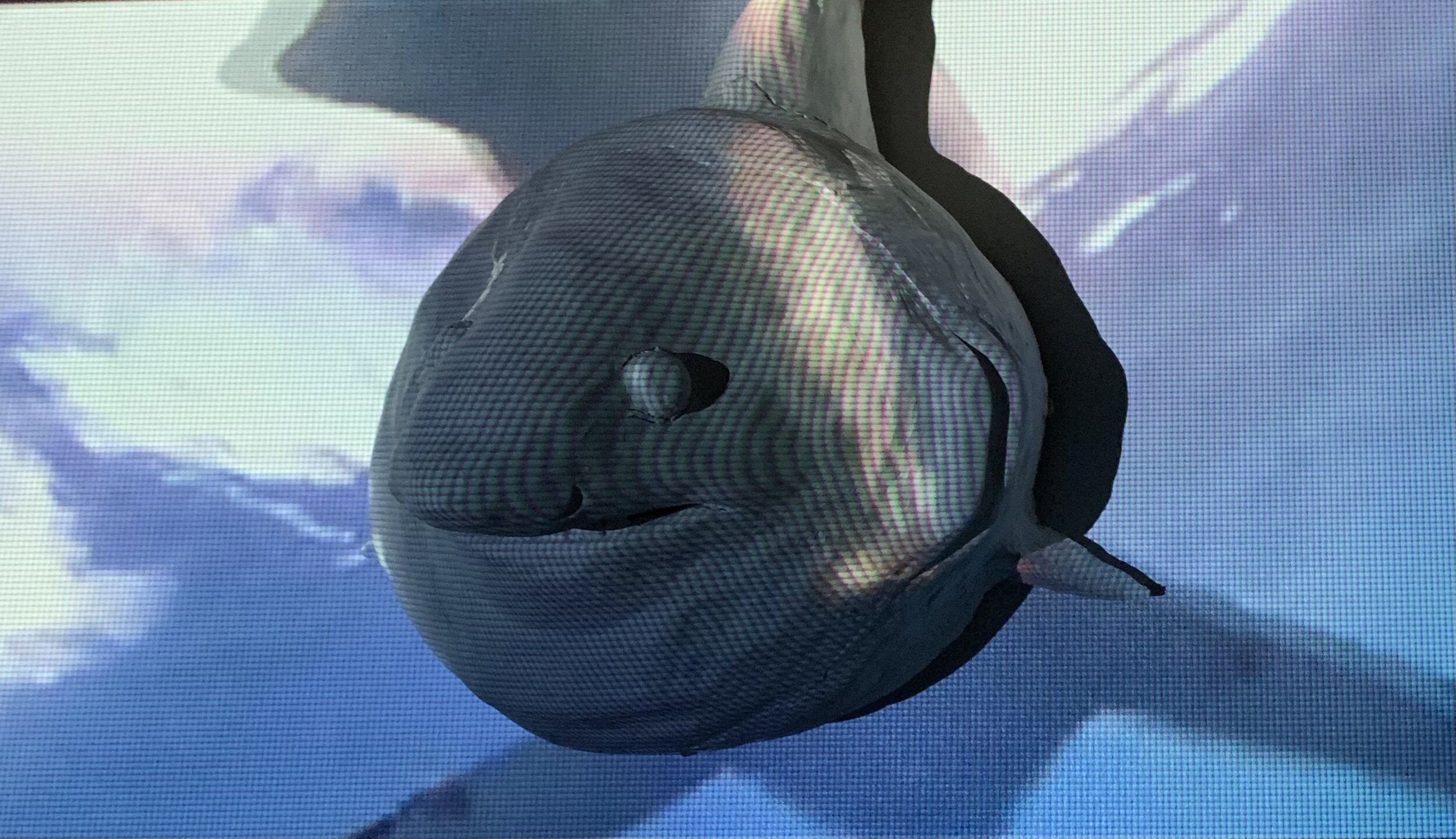Hunter Sprague
Behind the Scenes
I have always been fascinated with the way documentaries are made. Growing up, whenever I needed solace, I would turn on a nature documentary. I wondered how the narrators and filmmakers knew why animals would behave in certain ways. Yet, at the same time, I never questioned their authority. Behind the Scenes interrogates the unethical decisions filmmakers and producers often make in the process of creating animal documentary films.
In 2011, BBC released a new documentary series, Human Planet.[1]In this series, a scene about the challenging life in deserts has a scene that focuses on the devastation the camel farmers face when their camels are attacked by wolves. It was not until after it was released that the producers confessed to training a domesticated wolf to attack the camel solely for obtaining the footage. BBC has also admitted to filming every polar bear scene in Frozen Planet: On Thin Ice (2011) in a German zoo[2]. Discovery Channel releases around twenty shark documentaries each year during Shark Week[3], where fake seals are set up off-screen to attract shark attacks, reproducing the violent image of sharks despite their typical peaceful nature. In this way, producers force animals into unnatural settings so that we as viewers can be entertained, leaving television networks are satisfied. With budget and time restraints, the producers claim that they do not have the time to get these shots in a more ethical way.
Using ceramic animal heads that allude to taxidermy, Behind the Scenes examines what we perceive as “real” or “fake,” and why we trust certain sources. Staged documentary footage is projected on top of the unglazed animal heads, running parallel to how we project our own biases on these animals per their common documentary portrayals. Each head is projected with relevant footage from documentaries created unethically in order to get the shot. The scale of the life-sized heads reflects the enormity of this issue, with the heads positioned as rigidly staged as they have been forced to act. Serene and calm, the three heads showcase these animals’ natural behavior in the wild, free from the unethical constraints placed on them by previously trusted networks.
—
[1]John Hurt, “Deserts: Life in the Furnace” from Human Planet (BBC Network, 2011)
[2]Paul Spillenger, “On Thin Ice” from Frozen Planet (BBC Network, 2011)
[3]Shark Week (Discovery Channel, 1987-Present)










